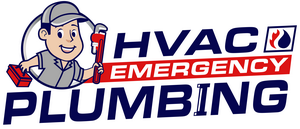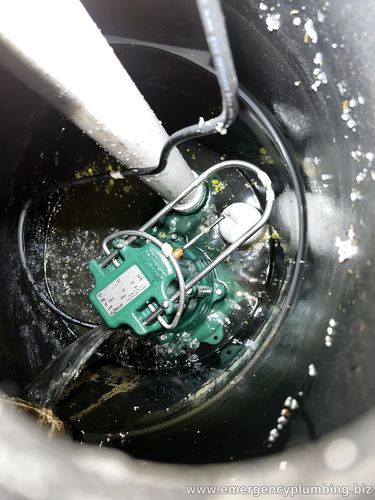7:35 PM What Is the Best Sump Pump for Your Home? | |
What Is the Best Sump Pump for Your Home?
Choosing the right sump pump for your home is essential for protecting your basement or crawl space from flooding. The best sump pump is one that matches the unique needs of your property, taking into account factors like water demand, flooding risks, and the materials used in its construction. This guide will help you understand what to look for in a sump pump, including horsepower, construction, and switch types.
Finding the Right Horsepower for Your Sump Pump
The horsepower (HP) of your sump pump determines its ability to handle water volume and pressure. Choosing the correct horsepower is crucial for efficient and reliable operation: • Low Horsepower Risks: If your pump has less horsepower than required for your area’s water demand, it may fail during heavy rainfall, leaving your basement vulnerable to flooding. • High Horsepower Issues: A pump with more horsepower than necessary can cycle on and off repeatedly, leading to premature wear and a shortened lifespan.
Recommendations: • For homes deeper into the water table, with significant seepage issues, or requiring a longer drainage point, a 1/2 HP submersible pump offers the added power to meet these demands. • For major flooding or commercial use, a high-capacity pump with up to 13,000 GPH (gallons per hour) may be the best choice to handle heavy saturation.
Material Matters: Why a Cast Iron Core Is Best
The material of your sump pump’s core can significantly impact its durability and performance: • Cast Iron Core: The best choice for long-term use. Cast iron efficiently dissipates heat generated by the motor, preventing overheating and extending the pump’s lifespan. • Plastic or Stainless Steel Core: While these options may be less expensive, they are less effective at managing heat and may have a shorter lifespan.
Added Features for Peace of Mind
Consider sump pumps that include additional features to enhance reliability and safety: • Alarm System: A built-in alarm alerts you if water levels rise too high due to pump failure or extreme water volume, giving you time to take action before flooding occurs.
Types of Sump Pump Switches
Sump pumps use different types of switches to detect rising water levels and activate the pump. While all switch systems achieve the same result, their mechanisms vary. Here are the main types: 1. Diaphragm Switch • Operates like your diaphragm, flipping concave as pressure rises. • Popular for its reliability and resistance to getting stuck. 2. Pressure Switch • Senses water pressure in the sump pit and triggers the pump when it reaches a specific threshold. 3. Vertical Float Switch • A magnetic switch slides up and down a rod as the water level changes. • Activates when the float rises and deactivates when the float lowers. 4. Tethered Float Switch • Floats freely in the basin and activates the pump when it reaches its maximum height. • Shuts off when the water level drops and the switch can no longer float. 5. Electronic Switch • Uses sensors to detect water pressure in the basin. • Does not rely on a physical float, making it less prone to mechanical failures.
Professional Help for the Perfect Sump Pump
Selecting the right sump pump requires an understanding of your home’s unique flooding risks and drainage needs. At Emergency Plumbing, our licensed plumbers can help you choose, install, and maintain the ideal sump pump for your home.
From selecting the right horsepower to ensuring proper installation of a reliable switch system, we’re here to protect your home from water damage. Contact Emergency Plumbing today and let us help you find the best sump pump to keep your basement dry and safe! We service Highland Park, Glenview, Lake Forest. Lake Bluff, Bannockburn, Mettawa, Northfield, and other North Shore communities, as well as Northwest suburbs of Chicago like Northbrook, Deerfield, Lincolnshire, Riverwoods, Vernon Hills, Wheeling, Buffalo Grove and beyond.
| |
⏰ Dispatcher support 24/7
📞 224-754-1984CALL ☎ Subscribe 👆 FORUM 🗣
North Shore, Northwest suburbs of Chicago, IL
Next & Previous posts
| Total comments: 0 | |


